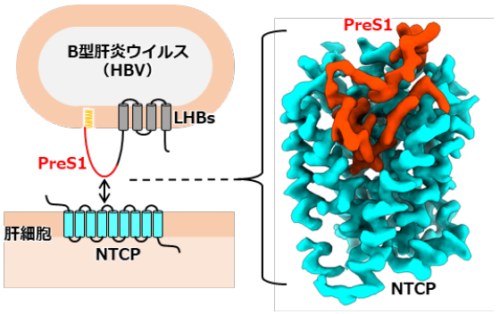2024-01-18 シンガポール国立大学(NUS)
◆鼻からのワクチンはT細胞の反応を向上させ、特にT中心性記憶細胞を増加させ、長期的な保護をもたらす可能性があります。この研究により、鼻からのCOVID-19ワクチンは異なるウイルス変異に対する高い抗体反応を誘発できることが示されました。
<関連情報>
- https://news.nus.edu.sg/needle-free-vaccine-candidate-against-covid-19/
- https://www.thelancet.com/journals/ebiom/article/PIIS2352-3964(23)00490-5/fulltext
マウスへのSARS-CoV-2粘膜ワクチン接種は、優れた全身性T中枢記憶機能と懸念される変異体に対する交差中和抗体を誘発する。 Mucosal SARS-CoV-2 vaccination of rodents elicits superior systemic T central memory function and cross-neutralising antibodies against variants of concern
Aled O’Neill,Chinmay Kumar Mantri,Chee Wah Tan,Wilfried A.A. Saron,Santhosh Kambaiah Nagaraj,Monica Palanichamy Kala,et al.
eBioMedicine Published:December 18, 2023
DOI:https://doi.org/10.1016/j.ebiom.2023.104924

Summary
Background
COVID-19 vaccines used in humans are highly effective in limiting disease and death caused by the SARS-CoV-2 virus, yet improved vaccines that provide greater protection at mucosal surfaces, which could reduce break-through infections and subsequent transmission, are still needed.
Methods
Here we tested an intranasal (I.N.) vaccination with the receptor binding domain of Spike antigen of SARS-CoV-2 (S-RBD) in combination with the mucosal adjuvant mastoparan-7 compared with the sub-cutaneous (S.C.) route, adjuvanted by either M7 or the gold-standard adjuvant, alum, in mice, for immunological read-outs. The same formulation delivered I.N. or S.C. was tested in hamsters to assess efficacy.
Findings
I.N. vaccination improved systemic T cell responses compared to an equivalent dose of antigen delivered S.C. and T cell phenotypes induced by I.N. vaccine administration included enhanced polyfunctionality (combined IFN-γ and TNF expression) and greater numbers of T central memory (TCM) cells. These phenotypes were T cell-intrinsic and could be recalled in the lungs and/or brachial LNs upon antigen challenge after adoptive T cell transfer to naïve recipients. Furthermore, mucosal vaccination induced antibody responses that were similarly effective in neutralising the binding of the parental strain of S-RBD to its ACE2 receptor, but showed greater cross-neutralising capacity against multiple variants of concern (VOC), compared to S.C. vaccination. I.N. vaccination provided significant protection from lung pathology compared to unvaccinated animals upon challenge with homologous and heterologous SARS-CoV-2 strains in a hamster model.
Interpretation
These results highlight the role of nasal vaccine administration in imprinting an immune profile associated with long-term T cell retention and diversified neutralising antibody responses, which could be applied to improve vaccines for COVID-19 and other infectious diseases.
Funding
This study was funded by Duke-NUS Medical School, the Singapore Ministry of Education, the National Medical Research Council of Singapore and a DBT-BIRAC Grant.


